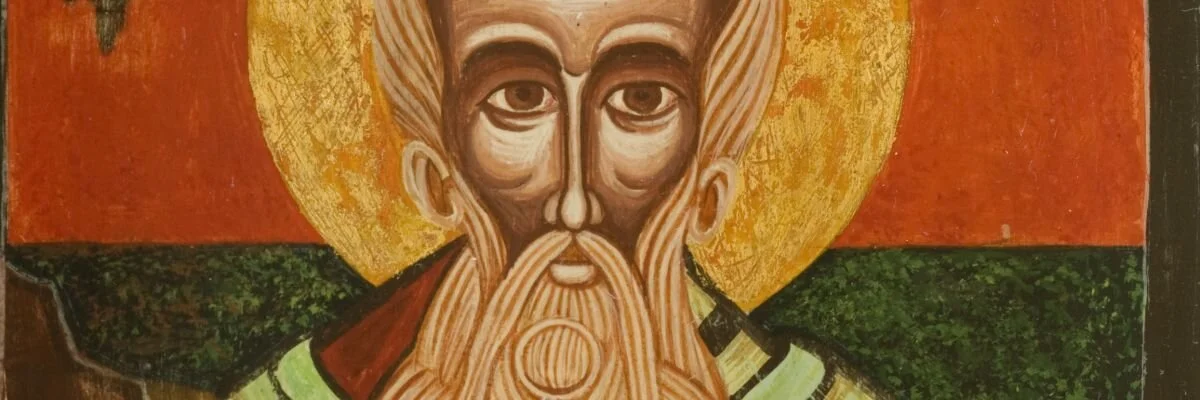Richard Lovelace on “structural exorcism.”
“The formula which insists that the gospel should deal with “spiritual matters” and not meddle with political or social affairs, the familiar Fundamentalist argument for passive support of the status quo, emerged before the Civil War as a conservative evangelical defence of resistance toward or postponement of abolition.”
“Not only can we expect to carry on offensive warfare which takes ground away from Satan in the exorcism of persons, we can also undertake, when we have liberty from God to do so, the exorcism of structures occupied by demonic forces — not only fallen structures in the church in the process of reformation and revival, but also fallen structures in society which are instruments of injustice.”
“Structural exorcism is therefore real spiritual warfare which requires more than theorising, demonstrating, legislating, making pronouncements and other conventional modes of social action. It may require all of these. But it also requires comprehensive spiritual renewal through the strength available in Christ. And especially it requires the exercise of prayer.”
“Our intercession must be extensive enough to sweep regularly across the whole scene displayed by the news media like their revolving scanner on a radar scope, discovering the presence of obstacles to the progress of the kingdom of God. Then we must face these mountains as Jesus told us to and command them in prayer to move into the sea.”
John Piper on the greatest enemy on hunger for God
“The greatest enemy of hunger for God is not poison but apple pie. It is not the banquet of the wicked that dulls our appetite for heaven, but endless nibbling at the table of the world. It is not the X-rated video, but the prime-time dribble of triviality we drink in every night. For all the ill that Satan can do, when God describes what keeps us from the banquet table of his love, it is a piece of land, a yoke of oxen, and a wife (Luke 14:18-20). The greatest adversary of love to God is not his enemies but his gifts. And the most deadly appetites are not for the poison of evil, but for the simple pleasures of earth. For when these replace an appetite for God himself, the idolatry is scarcely recognizable, and almost incurable (A Hunger for God, Wheaton: Crossway, 1997, 14)”
Exiled but not exiled from God
“One of the things Athanasius had learned was that though exiled from Alexandria, he was not exiled from God. Prayer winged its flight to the great loving Father as speedily in Gaul as in Egypt. And he found himself face to face with great inner realities—he entered more deeply into the knowledge of Christ—as the way became difficult and lone. Whatever coming days might bring him, this time of exile had been fruitful for his life. If there were new problems to face, new persecutions to meet, from the quiet of the inner communion he would come with new power to meet them. So, serene in the companionship of Christ, Athanasius waited what the future might bring.”





